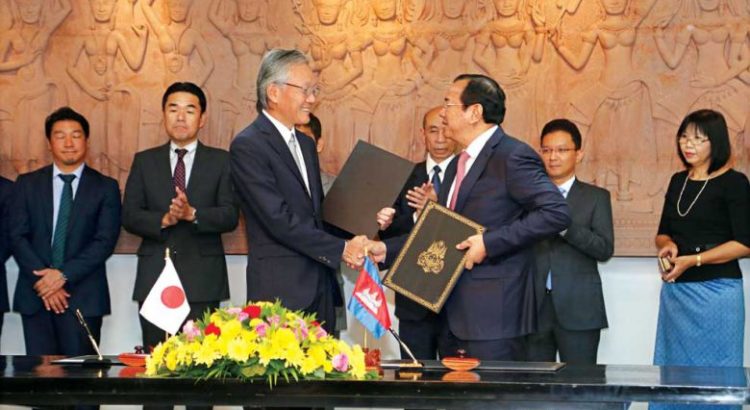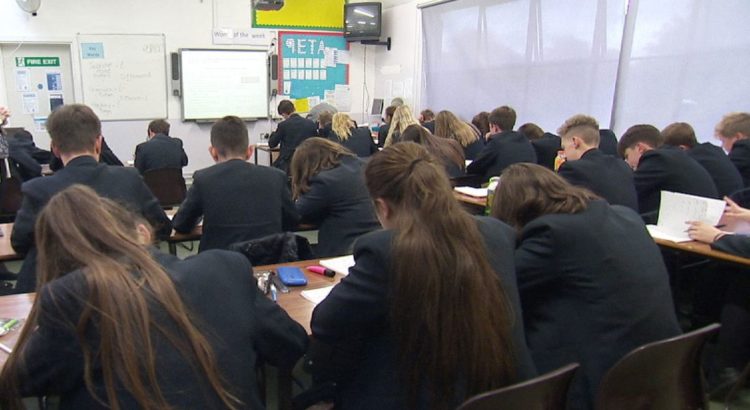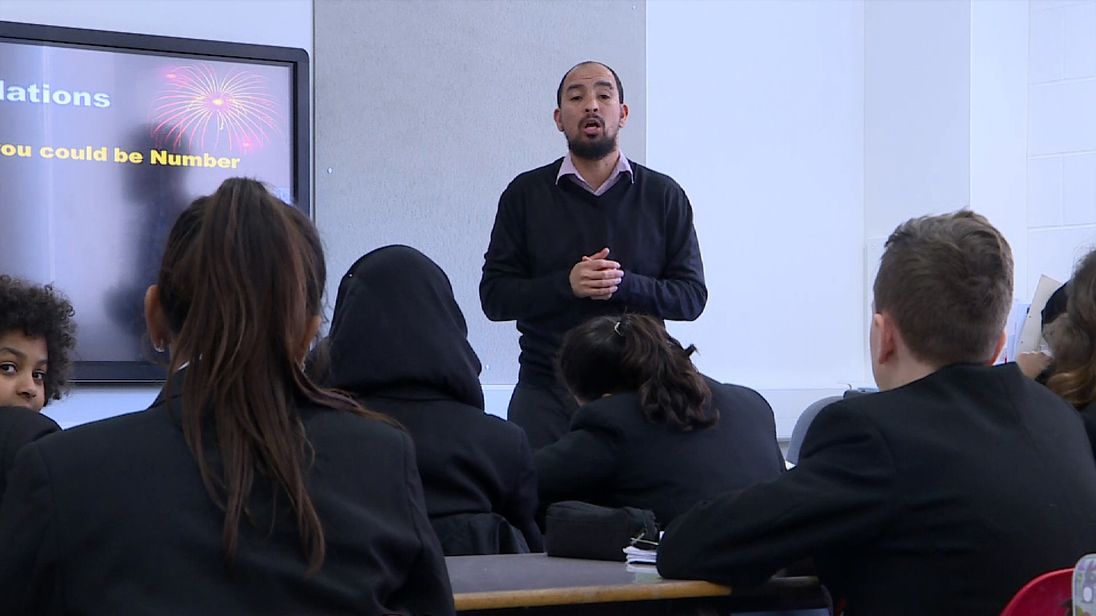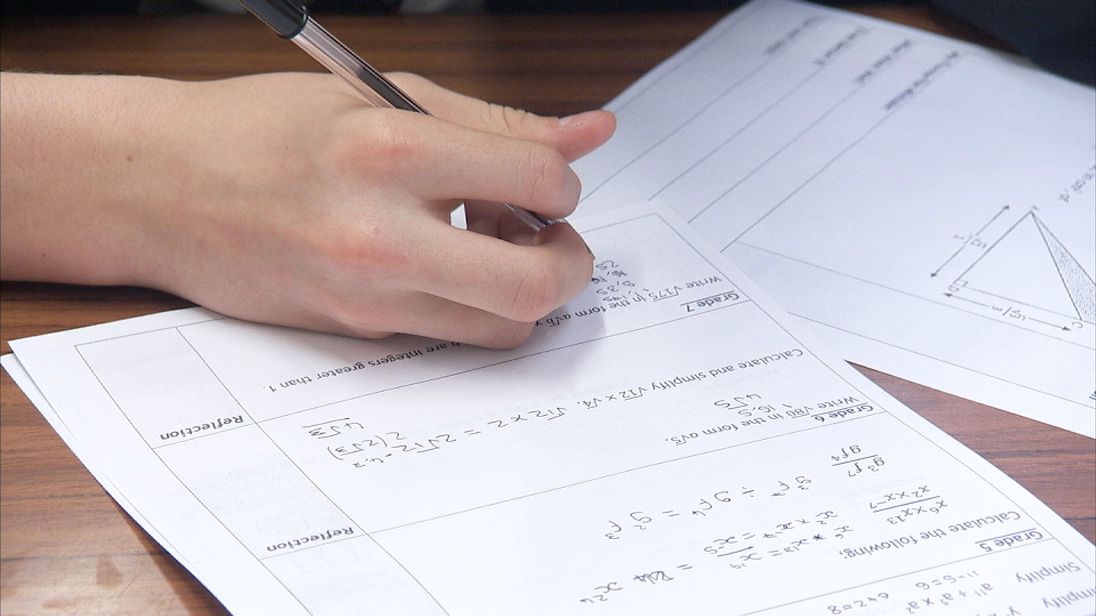Asia/Japón/
Resumen: El Gobierno japonés proporcionará una subvención de $ 28 millones para institutos de pedagogía en las provincias de Phnom Penh y Battambang para capacitar a maestros en el Reino. El ministro de Asuntos Exteriores de Camboya, Prak Sokhonn, y el embajador de Japón en Camboya, Hidehisa Horinouchi, se reunieron ayer para firmar un acuerdo sobre el proyecto.Los institutos fortalecerán la capacidad de capacitación de docentes de primaria y secundaria del Ministerio de Educación para ayudar al desarrollo del país, dijo Sokhonn. Actualmente, los docentes estudian durante dos años para convertirse en maestros de escuela primaria, pero a partir de 2020 deberán completar un programa de capacitación de cuatro años. «Reconocemos que la mejora de los recursos humanos es nuestra principal prioridad [mediante] empoderar el conocimiento de los maestros», dijo. Horinouchi dijo que ambos países también compartirán asistencia técnica y desarrollo de currículos para los institutos. «Espero que los estudiantes que reciben educación de esos [futuros] docentes contribuyan al desarrollo de Camboya», agregó. Uno de los objetivos del Ministerio de Educación ha sido mejorar la calidad de la enseñanza en el país, con el Ministerio de Educación comprometiendo las reformas docentes. El vocero del ministerio Ros Salin no respondió a una solicitud de comentarios.
The Japanese government will provide a $28 million grant for pedagogy institutes in Phnom Penh and Battambang provinces to train teachers in the Kingdom. Cambodia’s Minister of Foreign Affairs Prak Sokhonn and Japanese Ambassador to Cambodia Hidehisa Horinouchi met yesterday to ink an agreement on the project.
The institutes will strengthen the Ministry of Education’s primary and secondary teachers’ training capacity to assist with the country’s development, Sokhonn said. Currently, teachers study for two years to become primary school teachers, but beginning in 2020 they will need to complete a four-year training program.
‘We recognise that improving human resources is our top priority [by] empowering the knowledge of teachers,’ he said. Horinouchi said both countries will also share technical assistance and curriculum development for the institutes.
‘I hope that students who receive education from those [future] teachers will contribute to the development of Cambodia,’ he added. One of the Education Ministry’s goals has been to improve the quality of teaching in the country, with the Ministry of Education pledging teacher reforms. Ministry spokesman Ros Salin didn’t respond to a request for comment.
Fuente: https://www.phnompenhpost.com/national/teaching-teachers-japan-provide-28m-new-institutes










 Users Today : 71
Users Today : 71 Total Users : 35404338
Total Users : 35404338 Views Today : 87
Views Today : 87 Total views : 3333861
Total views : 3333861